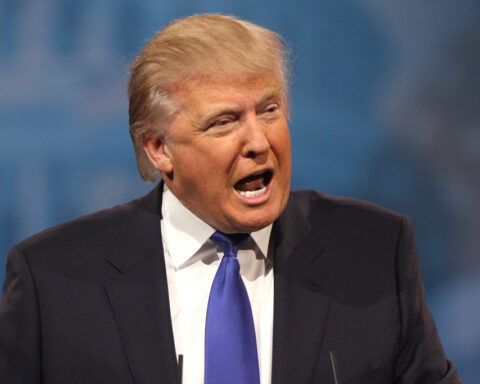Indian Prime Minister Narendra Modi on Thursday reportedly offered a forceful defense of his government’s commitment to the nation’s farmers, standing firm in the face of rising tensions with the United States following President Donald J. Trump’s announcement of sweeping new tariffs on Indian imports.
“For us, our farmers’ welfare is supreme,” Modi declared at a public event in New Delhi. “India will never compromise on the wellbeing of its farmers, dairy [sector], and fishermen. And I know personally I will have to pay a heavy price for it.”
His remarks — measured but unmistakably resolute — came just one day after President Trump announced a 25% increase in tariffs on Indian goods, raising the total duty to 50%, one of the steepest trade penalties the U.S. has imposed on any partner.
The new tariffs, set to take effect August 28, are part of the Trump administration’s broader effort to discourage nations from conducting energy trade with Russia, which continues to benefit economically from oil exports despite Western sanctions.
Modi avoided naming the United States directly, but his comments served as a clear response to Washington’s pressure campaign.
Trade negotiations between the two countries have collapsed after five rounds of talks, reportedly due to disagreements over India’s reluctance to open its vast agricultural and dairy markets — sectors seen as vital to Modi’s political base and India’s rural economy — as well as its continued purchase of discounted Russian crude.
India’s foreign ministry called the U.S. action “extremely unfortunate,” pledging to “take all necessary steps to protect its national interests.”
Analysts say the friction may be more about politics than trade policy. While India faces stiff penalties, China — by far the world’s largest buyer of Russian oil — has so far escaped similar treatment, raising questions about the consistency of Washington’s approach.
“The U.S. tariff hike lacks logic,” said Dammu Ravi, India’s secretary of economic relations. “This is a temporary aberration, a temporary problem that the country will face, but in course of time, we are confident that the world will find solutions.”
Some view the tariffs not only as economic pressure but as an attempt to fracture India’s strategic independence. Despite being a longtime U.S. partner in countering China, India has insisted on preserving its sovereign right to engage in trade that supports its development.
Now, as tensions rise, India is signaling it may reevaluate its global alliances.
Modi is reportedly preparing for his first visit to China in over seven years — a visit that would carry major symbolic weight amid the current diplomatic chill with Washington.
Meanwhile, Brazilian President Luiz Inácio Lula da Silva said he would raise the issue of Trump’s tariffs within the BRICS coalition, suggesting a possible effort among major developing nations to push back on what they view as Washington’s overreach.
[READ MORE: Trump Admin Officially Sells One Billion in Arms to Europe to Pass on to Ukraine]






